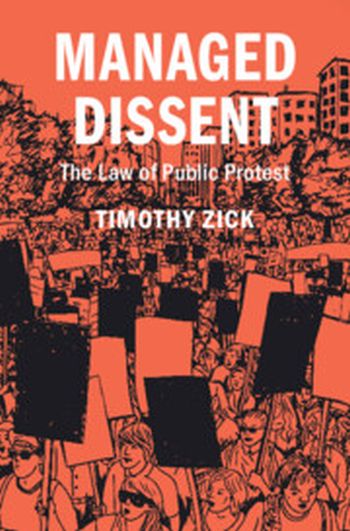
The mass street demonstrations that followed the 2020 police murder of George Floyd were perhaps the largest in American history. These events confirmed that even in a digital era, people rely on public dissent to communicate grievances, change public discourse, and stand in collective solidarity with others. However, the demonstrations also showed that the laws surrounding public protest make public contention more dangerous, more costly, and less effective. Police fired tear gas into peaceful crowds, used physical force against compliant demonstrators, imposed broad curfews, limited the places where protesters could assemble, and abused 'unlawful assembly' and other public disorder laws. These and other pathologies epitomize a system in which public protest is tightly constrained in the name of public order. Managed Dissent argues that in order to preserve the venerable tradition of public protest in the US, we must reform several aspects of the law of public protest.